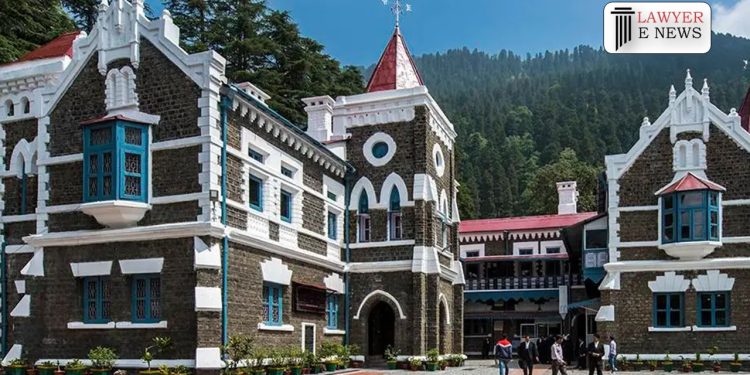NDPS | Non-Compliance with Section 52A(2) Vitiates Trial: High Court Grants Bail in NDPS Case

Uttarakhand High Court emphasizes mandatory procedures in NDPS Act, finds prima facie lapses in sampling and certification of contraband.”
The Uttarakhand High Court has granted bail to Mohammad Khurshid, convicted under the Narcotic Drugs and Psychotropic Substances (NDPS) Act for possession of contraband. The bench, comprising Justices Manoj Kumar Tiwari and Pankaj Purohit, emphasized the necessity of adhering to procedural mandates, particularly Section 52A(2) of the NDPS Act, during the sampling and certification of seized contraband. This decision highlights the judiciary’s vigilance in ensuring procedural compliance in narcotics cases.
Mohammad Khurshid was convicted on August 30, 2022, for possession of 610 grams of smack under Section 8© read with Section 21© of the NDPS Act. The conviction followed a police operation on September 4, 2019, wherein Khurshid was apprehended and the contraband was seized. The appellant challenged his conviction, arguing procedural lapses, specifically the non-compliance with Section 52A(2) concerning the mandatory presence of a Magistrate during the sampling of the contraband.
The court’s primary concern revolved around the adherence to Section 52A(2) of the NDPS Act, which mandates that the sampling and certification of seized narcotics be conducted in the presence of a Magistrate. The court noted:
Non-Compliance with Section 52A(2): The court found prima facie evidence suggesting that the procedural requirements under Section 52A(2) were not met. Justice Pankaj Purohit stated, “The provisions which are mandatory keeping in view the draconian nature of the NDPS Act have not been complied with by the prosecution.”
Judicial Precedents: The bench referenced significant Supreme Court rulings, including Yusuf @ Asif vs. State (AIR 2023 SC 5041) and Union of India vs. MohanLal& another ((2016) 3 SCC 379), which underscore the criticality of strict compliance with Section 52A(2). The court observed, “If a sample of the seized contraband was not drawn in the presence of a Magistrate and the inventory of the seized contraband not duly certified by the Magistrate, the whole trial stands vitiated.”
The court meticulously reviewed the legislative intent and judicial interpretations surrounding Section 52A(2). It reiterated that non-compliance with this section significantly undermines the integrity of the prosecution’s case. Justice Purohit emphasized, “The scheme of the Act in general and Section 52A in particular, does not brook any delay in the matter of making of an application or the drawing of samples and certification.”
Justice Purohit remarked, “We are prima facie satisfied that provisions of Section 52A(2) of the Act were not complied with in the present matter.”
The High Court’s decision to grant bail to Mohammad Khurshid underscores the judiciary’s commitment to ensuring procedural fidelity in narcotics cases. By highlighting the crucial role of compliance with Section 52A(2), this judgment serves as a reminder to law enforcement agencies about the necessity of following statutory protocols meticulously. The case will proceed to final hearing in due course, but the bail order sets a significant precedent on the procedural adherence required under the NDPS Act.
Case Title: Mohammad Khurshid vs. State of Uttarakhand
Date of Decision: June 27, 2024






